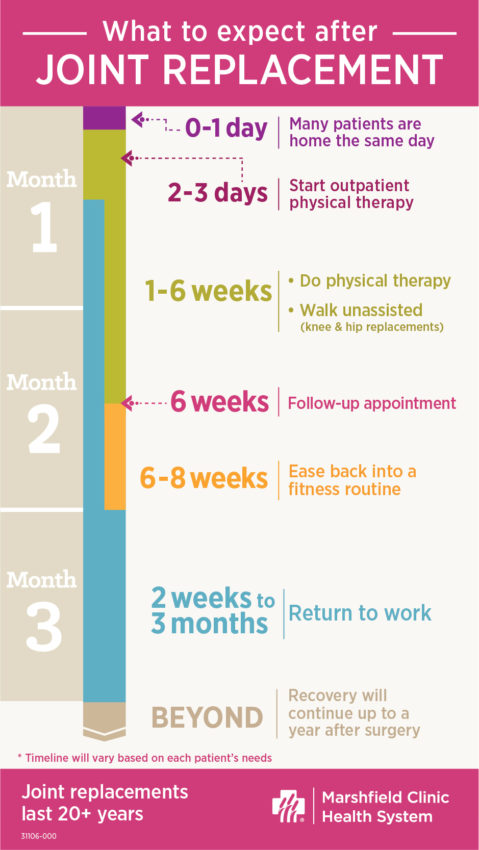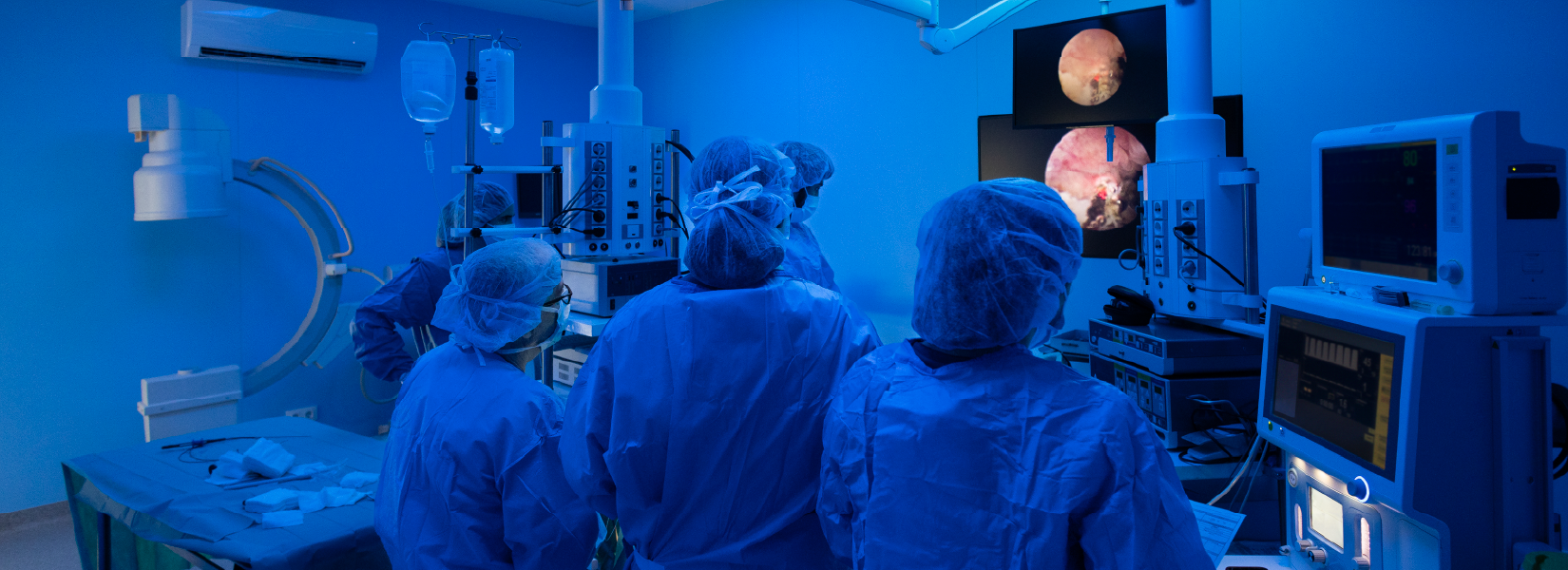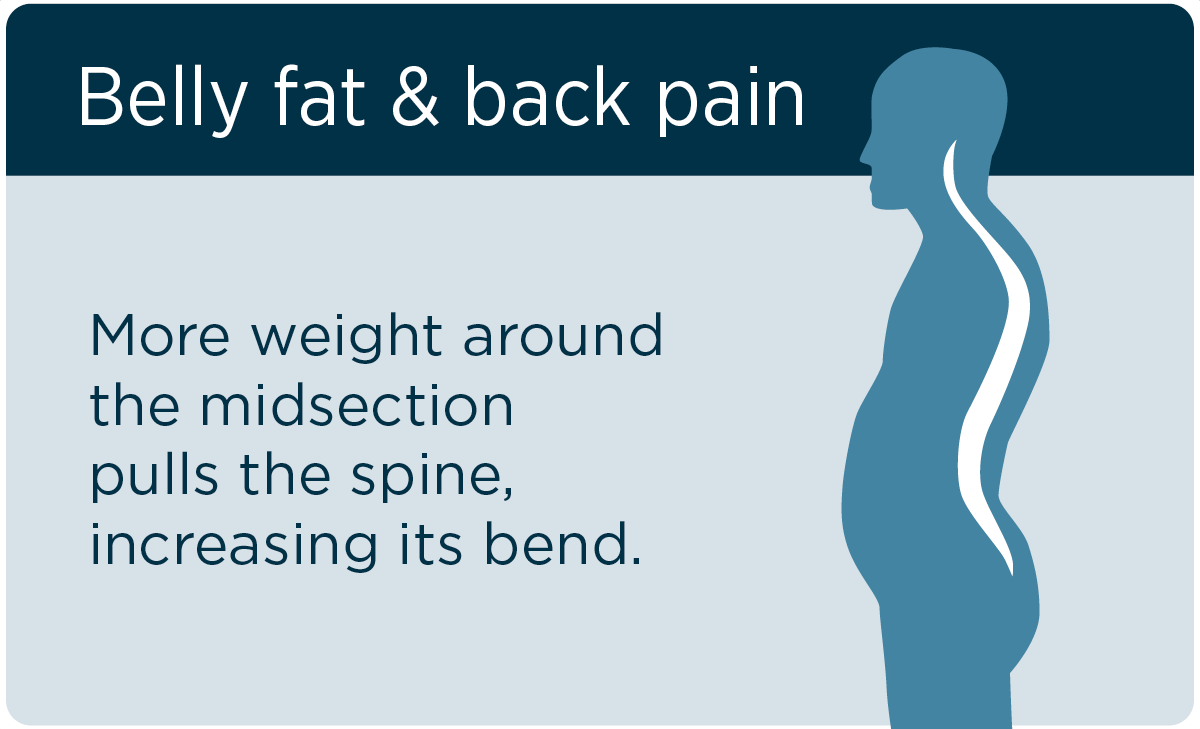If you need a joint replacement, you may have a lot of questions. When will I be able to walk again? How long will I be off work? Will I have limitations after surgery?
The good news is, most joint replacement patients are able to return to work in a matter of weeks and resume most of their normal activities within a few months of surgery.
“The reason most people have surgery is to be more active, and we encourage activity after joint replacement,” said Dr. Mark Earll, orthopedic surgeon at Marshfield Clinic Health System.
Here’s what you can expect after surgery.
How long will I be in the hospital?
Same-day discharge for total joint replacement surgery is becoming more common. Until recently, most patients who needed shoulder, knee or hip joint replacements would expect a one to two day hospital stay, depending on the complexity of the replacement and their recovery. Now, a growing number are having the procedure done as an outpatient, checking in for the surgery in the morning and heading home that same afternoon.
Across the country, same-day discharges have high-quality outcomes, low complication rates and positive patient experiences for individuals who need joint replacement surgery. These patients must meet certain criteria including having a good support system at home for recovery and being in generally good health.
“The first few days after surgery involve keeping pain under control while starting to move,” Dr. Earll said.
Joint replacement recovery
Joint replacement patients are encouraged to keep moving once they get home. Recovery is different depending on the complexity of the replacement and the location.
Hip replacement recovery
Hip replacements are typically the fastest recovery in terms of pain. Activity is a bit more cautious because of dislocation concerns. You will be encouraged to do less formal physical therapy in your own home. Many times patients end up forgetting they even had a replacement because the joint feels so natural.
Knee replacement recovery
More physical therapy is required when you have a knee replacement. Stiffness can occur and replacements can feel a bit mechanical. Activity can be more aggressive than hip replacement because there’s not as much concern for dislocation in knee replacements.
“There’s a balance people have to find,” Dr. Earll said. “We want people to recover rapidly, but they can do too much too soon.”
Long-term recovery from joint replacement
Your care team will follow up with you about six weeks after surgery.
“At that point, they’re seeing the light at the end of the tunnel, but there can be issues for a few months,” said Dr. Earll.
You can ease your way back into a fitness program six to eight weeks after surgery, but for some, it can take longer. Start with low-impact activity, like riding a bike or walking on a treadmill.
Most patients won’t have long-term limitations and will only need to follow up with their surgeon for X-rays every five years. Joint replacements last upwards of 20 years.






Leave a Reply